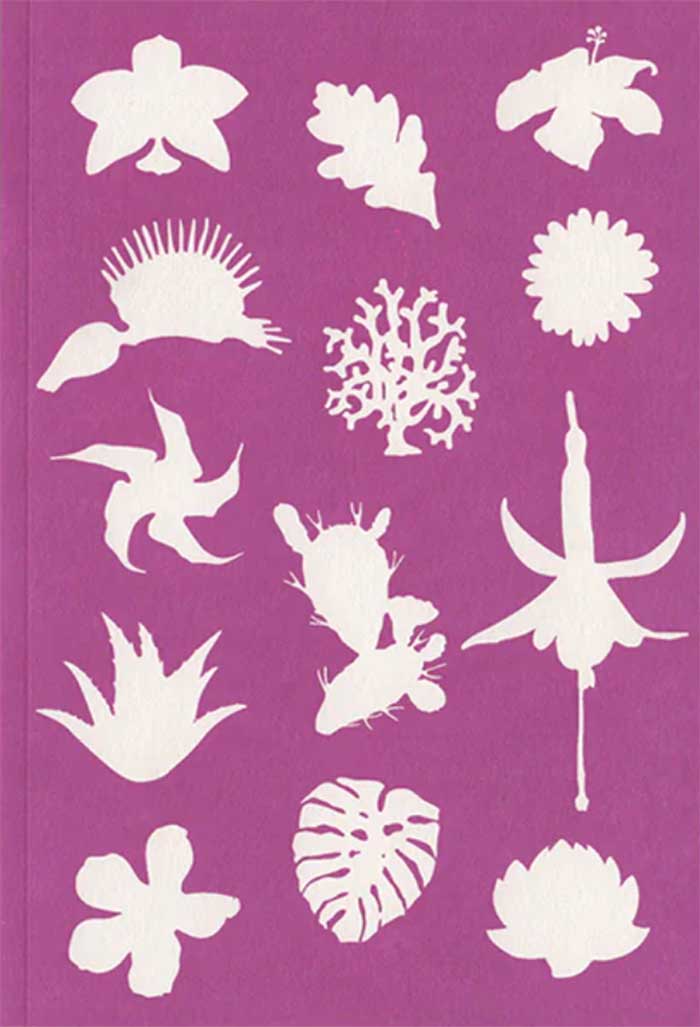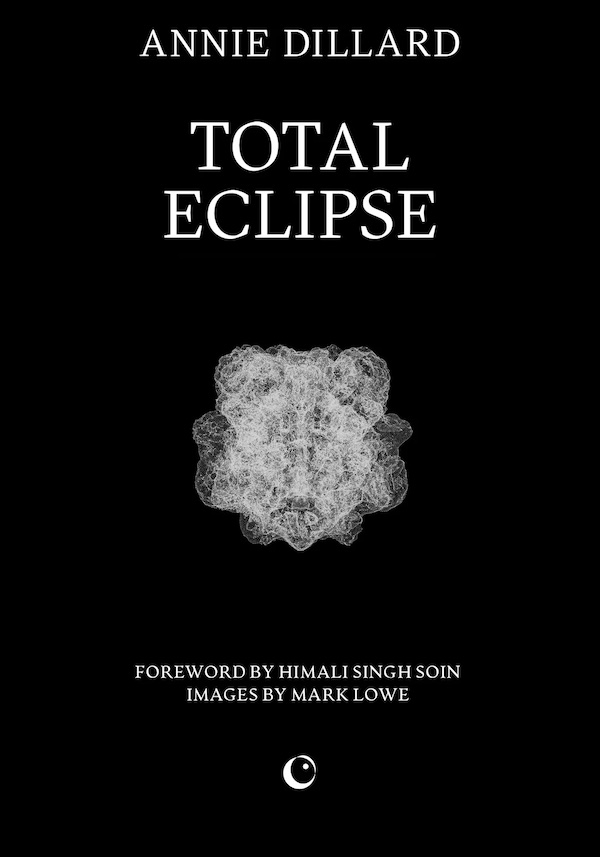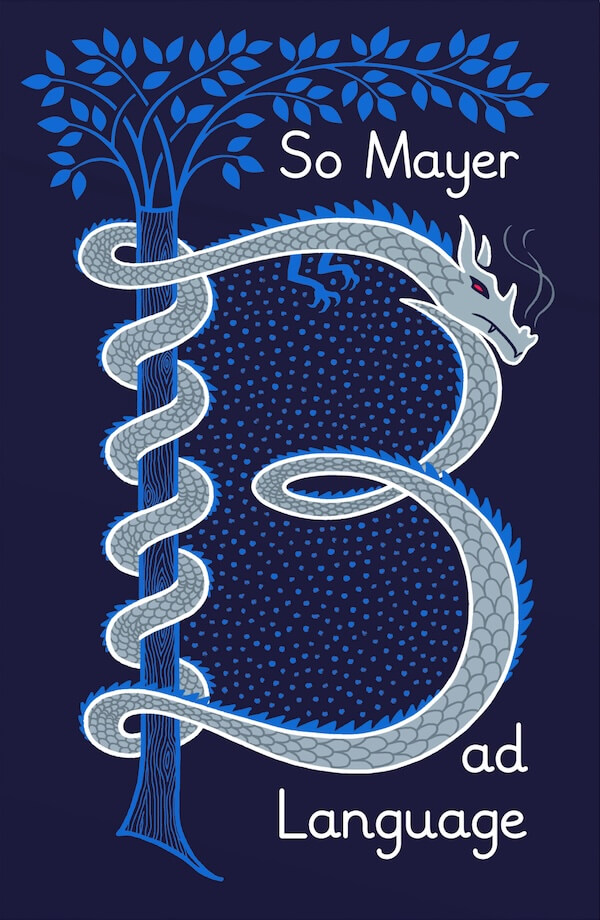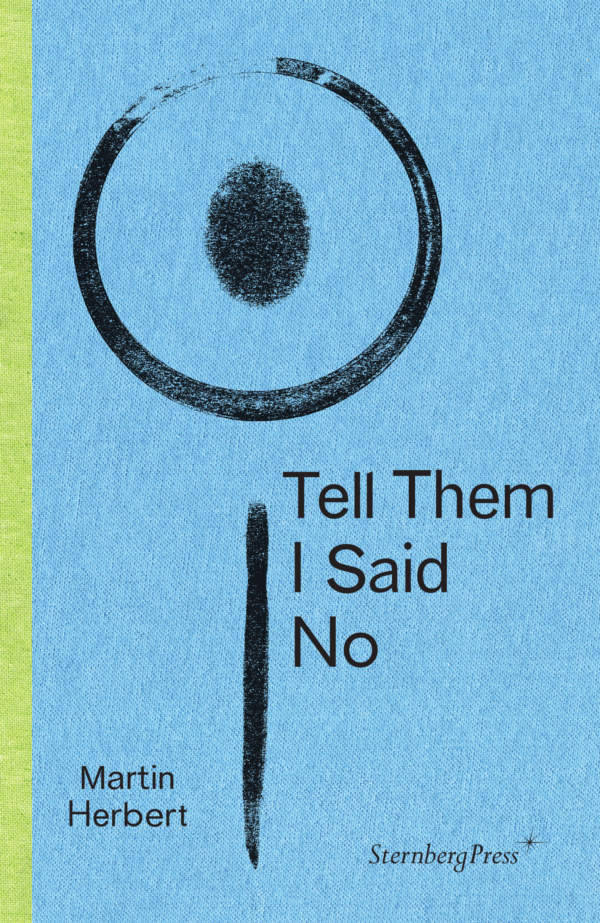
A Book for Disappearance
Yuri Tuma ed., Gabriel Alonso ed., Catalina Imizcoz ed., Karol Muñozcano ed.
A Book for Disappearance explores themes of extinction and ecology through the lens of contemporary technology and using AI and image-generation platforms as collective tools. It grapples with the contradictions of living in this world full of worlds and full of crises, while revindicating processes of nomadic becoming, transcending fixed identities, and collective emergence. While disappearance may seem abstract or esoteric, it has tangible implications for both individual and collective action. In this book, the concept of disappearance emerges as an alternative, including a variety of short poetic and experimental texts on the multiple possibilities that surface from our engagement with AI alter-egos and a collective artistic exercise with image generation technologies.
Texts by Laura Tripaldi, Institute of Queer Ecologies, and Stacy Alaimo provide further food for thought, and invite readers into recondite explorations—of parasitic spaces and ghost bodies through materialist feminisms; of oak archives and the previous lives that forests can narrate to us; of acid oceans and the psychedelic trips they might afford.
Language: English





